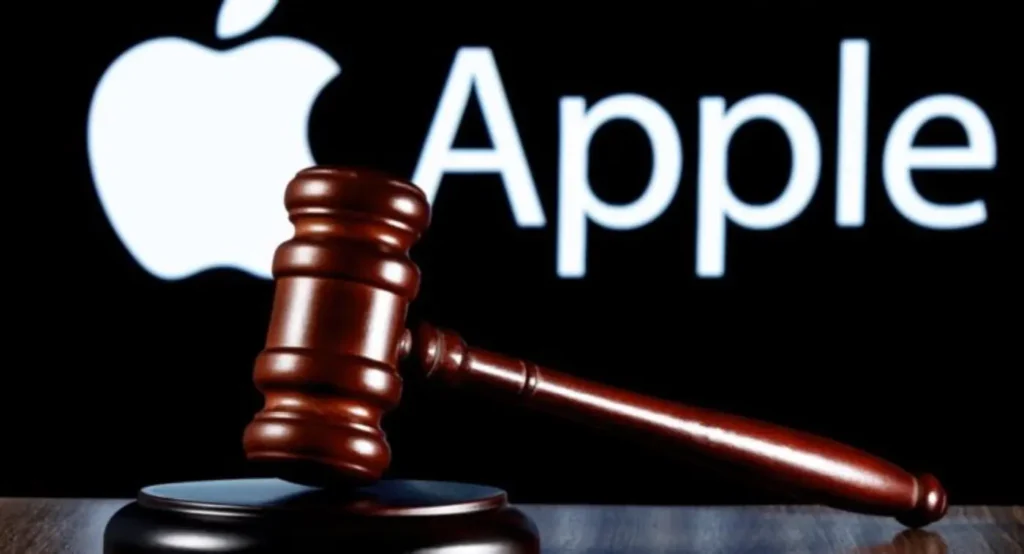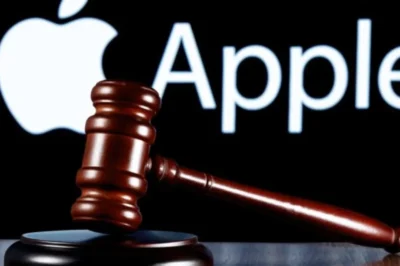
In a landmark legal move, the US Department of Justice (DoJ) has taken Apple to court over allegations of monopolistic practices that, according to the DoJ, stifle competition in the smartphone market. The lawsuit, which zeroes in on Apple’s control over its software and hardware ecosystem, has sparked a significant debate about competition and innovation in the tech industry. Here’s what you need to know about this high-profile case:
- The Core of the Complaint: The DoJ’s lawsuit accuses Apple of engaging in “broad, sustained, and illegal” monopoly tactics, particularly highlighting the exclusivity of iMessage and the seamless integration between Apple products like the iPhone and Apple Watch. The government’s goal is to “free smartphone markets” from what it sees as Apple’s anticompetitive grip, which allegedly hampers innovation and solidifies the company’s market dominance under the guise of superior product integration.
- Apple’s Counterargument: Apple vehemently disagrees with the lawsuit’s premise, suggesting that the DoJ essentially wants the iPhone to mimic Android devices. Apple believes that the lawsuit misunderstands the essence of its product ecosystem and overlooks the fierce competition it faces in the tech market. The company argues that any forced alterations to its practices would dilute the unique experience it offers to consumers and potentially set a “dangerous precedent” for government intervention in technology design and innovation.
- Accusations of Anticompetitive Behavior: The DoJ is challenging Apple’s policies that restrict competitors’ access to proprietary features like iMessage and Siri, questioning whether these practices unfairly limit hardware competition and prevent new entrants into the market. The lawsuit outlines various ways Apple is said to obstruct competition, including limiting the functionality of non-Apple smartwatches and digital wallets, and hindering cross-platform messaging, which, in turn, allegedly leads to higher prices for consumers.
- Demands for Change: At the heart of the lawsuit is a call for substantial changes to Apple’s business operations. The DoJ aims to stop Apple from using its App Store and private APIs as tools to block cross-platform technologies, which could include a hefty fine should Apple be found guilty.
- Broader Context of Tech Scrutiny: This lawsuit against Apple isn’t isolated; it’s part of a larger examination of big tech companies for potential antitrust violations. The US government has previously taken Google to court over its search engine practices and filed antitrust suits against Meta and Amazon. Additionally, Apple faces legal challenges in Europe, where it has been fined nearly $2 billion for anti-competitive practices.
This case against Apple could redefine the boundaries of competition and innovation within the tech industry, marking a pivotal moment in the ongoing debate over the power wielded by tech giants.









































Leave a Reply